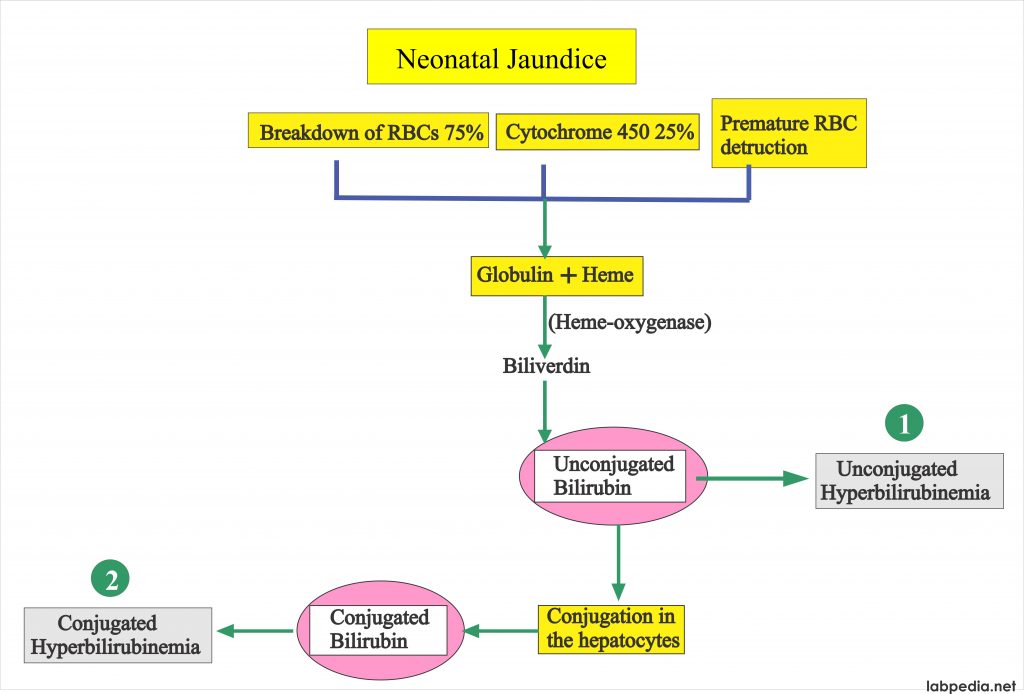
Jaundice is a condition in which you have yellowish or brownish colored urine. It is a medical condition which causes the whites of the eyes and your skin to turn yellow. Jaundice commonly occurs in newborn babies. However, adults can also suffer from it. Jaundice occurs when there is too much bilirubin in your bloodstream.
Bilirubin is a by-product of all the bodily processes that are taking place in the body. Bilirubin is produced by all the organs of the body, including liver, kidney, gallbladder and lungs. Bilirubin can also be produced in the urine during a normal bowel movement. Normally, bilirubin is not harmful to your body, but in some cases, it may be toxic. Jaundice, on the other hand, is caused by excess bilirubin.
To understand how jaundice develops, it is necessary to understand the effects of high levels of bilirubin. If the kidneys cannot remove bilirubin from your blood, the liver will end up accumulating large amounts of it. This condition can then cause jaundice. When the liver cannot remove bilirubin from your bloodstream, your kidneys will try to eliminate it in other ways.
However, there are times when normal kidney function is impaired. In this case, bilirubin builds up in the bloodstream, causing jaundice to develop. When the liver cannot remove bilirubin from the blood, normal red blood cell function cannot remove it, and your white blood cells cannot remove it from your body either.
This means that your white blood cells will start attacking your red blood cell membranes. This, in turn, leads to jaundice. The bilirubin and bilirubin crystals present in the bloodstream cannot be eliminated by your white blood cells because they will only attack the red blood cells and not the white blood cells.
Jaundice can be caused by several factors. One of them is a liver problem. The liver is responsible for removing bilirubin and other toxins from the body. If the liver is unable to do this effectively, bilirubins and toxins build up and cause jaundice. Other possible causes of jaundice: blood transfusions; kidney problems; or a problem with blood flow to the lungs.

Blood transfusion can cause jaundice. Because the transfused blood contains high levels of bilirubin. This will cause the liver to be unable to efficiently process bilirubin and toxins in the blood. Kidney failure can cause low levels of bilirubin in the bloodstream, but the amount that the liver is able to process will vary depending on the kidneys themselves.
Since it is a protein-based substance, bilirubin is easily absorbed into the body. This means that if the patient is on dialysis, their blood will absorb too much bilirubin, which will cause jaundice.
Low blood flow to the lungs will cause the liver to fail to process the toxins and bilirubin in the blood correctly. This problem will also result in jaundice. Another factor that will cause jaundice is kidney failure. This is because the kidneys are responsible for filtering out all the toxins and toxic substances that the body needs to stay healthy.
If a person has kidney failure, the kidneys will start to fail as well. The kidney failure will lead to the kidneys being unable to filter out the harmful elements in the bloodstream.
When a person has jaundice, the skin of the face and the hands can look yellow and scaly. In some cases, a person might also suffer from fatigue and weight loss.
In more serious cases, jaundice can cause the skin to turn blue. The person can also experience an increased risk of infections. If you believe you might have jaundice, you should immediately contact your physician.